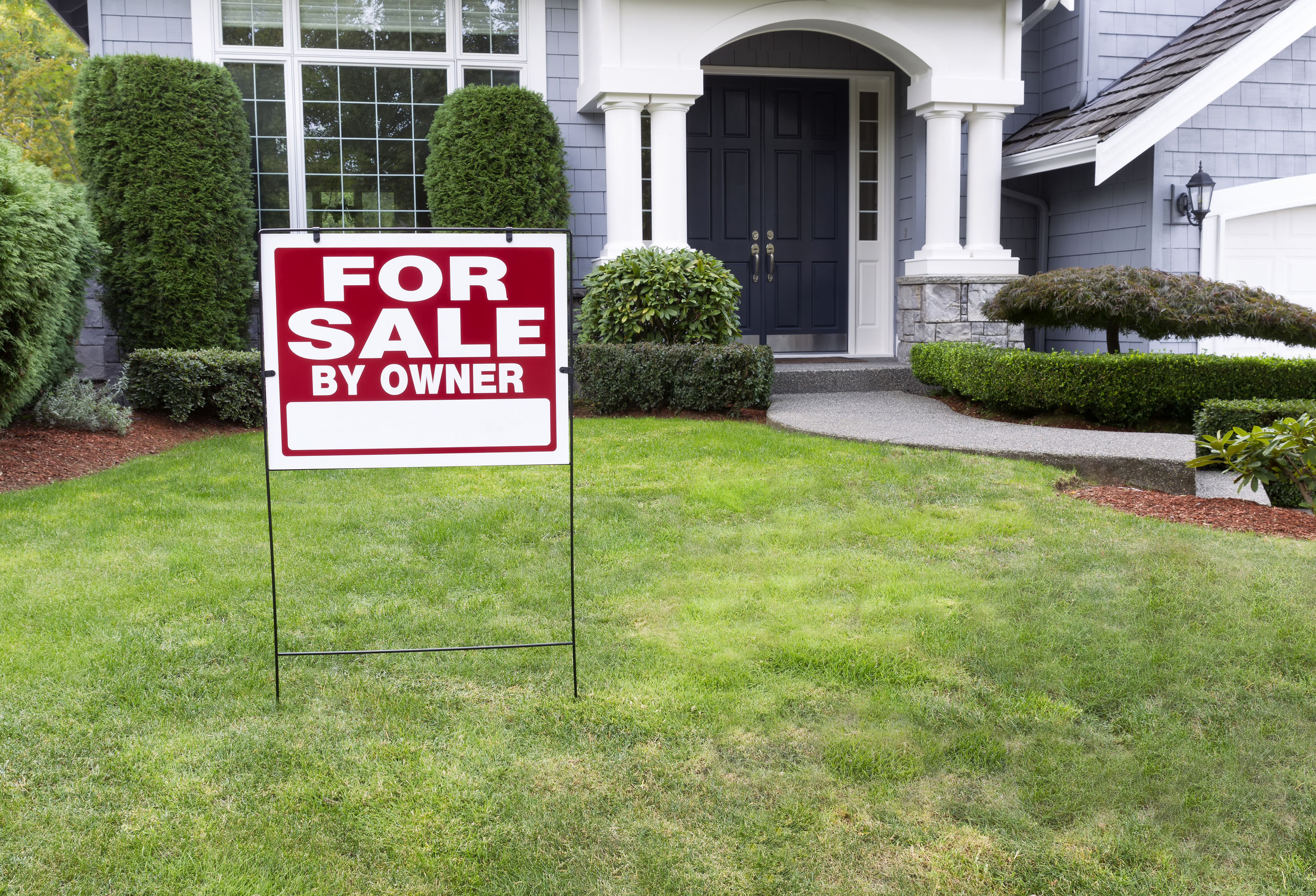Property Owner Rights In Fire & Smoke Damage Insurance Claims
Rights Against Insurance Company
Under the legal doctrine of first-party bad faith insurance claims, insurance companies owe their policyholders a duty to act reasonably with them and in good faith, irrespective of whether or not the insurance policy expressly states so.
This is called an implied covenant. The duty of good faith is central to how insurance companies under the law must conduct themselves with their insured. What insurance companies often do, however, is another matter.
Smoke Damage Claims – Property Insurance Bad Faith
Most fire and smoke damage claims are considered first-party claims, which means that the insurance company deals directly with their own insured.
It also means that the homeowner’s insurance carrier is legally required to promptly investigate the damage to the insured’s home, determine whether the damage is covered, and pay the fair value of the claim. Evidence of insurance bad faith usually surfaces in the damage investigation and valuation stages of the claims process.
The well-known and recognized conflict of interest between the insurance company and their insured is the primary reason states have enacted insurance bad faith legislation intended to protect the insured from their own insurance company.
Let’s take a closer look at the conflict.
Conflicts of Interest Between Property Owner, Insurance Company And Its Shareholders
Insurance companies are corporations. As such, their loyalty rests with their company’s shareholders – and sometimes at the expense of their insured’s financial and often emotional wellbeing.
The corporate goal of any insurance company is to advance the economic interests of the corporation and its shareholders. The need to meet quarterly profit estimates is a massive driver for insurance companies, and it often shapes the way they treat their insured relative to paying out claims promptly and fairly.
When the insurance companies corporate goals conflict with their statutory duty to put their insured’s interests first, the insurance company walks a tight line between two masters – and that’s where the conflict exists.
When the insured suffers at the expense of corporate profits, insurance companies can be liable to their insured under their respective states’ lousy faith laws. However, exposure to being sued includes the right of the insured to bring a bad faith action against the insurance company and allows them to allege and prove punitive damage.
Punitive Damages
Punitive damages awards against insurance companies are designed to punish the insurance company for acting in bad faith with their insured. The goal is to deter the insurance company from misbehaving in the future, so the award is not based on making the insured whole but rather on dissuading insurance companies from acting unfairly.
Punitive damages awards are determined, at least partially, by the wealth of the insurance company and the wrongfulness of their conduct.
Bad faith can come in many forms and includes unreasonable delay in adjusting claims, inadequate investigation, implied or express threats against the insured, refusing to make a reasonable and fair settlement offer, fraudulent practices, or making unreasonable and unfair interpretations of the homeowner’s insurance policy.
Many states have drafted laws specifically identifying patterns that it considers unfair and illegal claims practices.
Under most state bad faith laws, the homeowner must have sustained some form of actual damage to present a bad faith claim, even if the insurer’s conduct was egregious.
Homeowner’s Duties Under The Policy
Homeowners have essential duties in first-party claims as well. Usually, the homeowners’ responsibilities are clearly stated within the terms of the policy and require that the insured cooperate fully with the insurance company’s investigation.
Insurers have been found liable for deliberately delaying smoke and damage investigations to grind down the insured to accept a policy settlement that can be far less than what the claim is worth.
As a result of this pattern of deceit, many states have unfair claims practices laws that now require the insurance company to complete their investigation within 30 days of receiving notice of the claim.
Property Lawyers
If you are a homeowner would like to obtain legal advice, consider consulting with an online property lawyer about your situation and rights.












